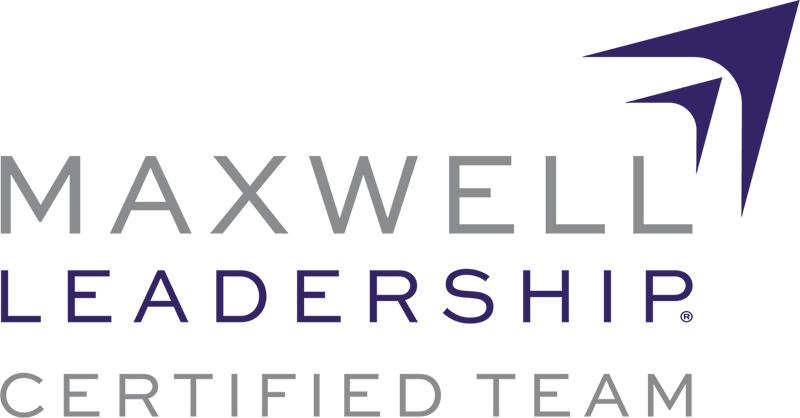The Leading Edge: Change your perspective: Speaking For Influence

So, you have decided to take the plunge and become a public speaker. Congratulations! You might be unaware, but statistically only 1 in 10,000 people really have what it takes to get on a stage and utilize it as a platform. It’s true. Speaking in front of large groups of people is a very unnatural act and is considered a great talent. It reminds me of a story…
Carole King was one of the most powerful singers and songwriters of her generation. Midway through her career she began to suffer terribly from stage fright. The fear grew so overwhelming that moments before going out on stage, she would become physically paralyzed and could not perform. This became somewhat of a problem, not only for her, but for the concert promoters financing the show. The fans were also becoming disappointed because they had paid good money to see her in person.
The problem became so bad that it got to the point that she sought out professional help. The person she chose is often considered one of the greatest motivational leaders of our generation. A self-proclaimed “practical psychologist,” he interviewed Ms. King and asked her what happened before she went on stage. She reported to him that she felt butterflies in her stomach, her pulse would become rapid, and she would begin to sweat profusely. The nerves became so powerful that she froze and found herself unable to perform.
To gain a better understanding of performance anxiety, the interviewer called a friend, another world class musician who fronted a little band with millions of albums sold, and asked what happened to him emotionally and physically before he went on stage. The singer responded that he felt butterflies in his stomach, his pulse would become rapid, and he would begin to sweat profusely. Rather than seeing that energy as fear before performing, he embraced it as excitement and an adrenaline rush with the knowledge and belief that he would give his audience a spectacular performance.
Once Ms. King CHANGED HER PERSPECTIVE, she overcame her fear and began to perform live again.
Here are some important tips to consider when developing your platform:
1. Determine your style. Whether you have the energy to bounce around stage or merely speak from a chair, people in your audience want your information. What is the element that all the best speakers have? It’s not their speaking style. It is confidence.
2. Practice makes prepared! Becoming Michael Jordan did not mean just showing up for games. He once estimated he spent ten to twenty hours practicing for every one hour he played in a game. Remember, more than once, even with practice, he missed the shot that would have won the game. The next day he would go back and prepare better for the next time the same situation would come up and eventually he would make the shot.
3. Don’t reinvent the wheel. The messages of Aristotle and Socrates from more than two thousand years ago are as pertinent and valuable to your audience today as they were then. There are numerous videos of very successful speakers you may watch and emulate. Find inspiration from one or two speakers whose message relates to yours and perform like them as much as possible.
4. Put your passion into practice! The more audiences you stand in front of to deliver your message, the more you will understand this: The crowd will feed off of, feel, and react to your energy. People love stories, but they really respond to passion.
Be your own worst critic. The greatest tool for motivational speakers today is to record yourself and review your own performance. If you can spot the flaws readily and easily, you will be able to correct them before your audience does.
Change your perspective and speak with influence. Cheers to your future performance!
BIO:
Dr. Will Beaber is a John Maxwell certified speaker who has lectured nationally and internationally. An Orthodontist, world class Leader and Motivator, he and his family enjoy a spectacular life in Metropolitan Denver.
